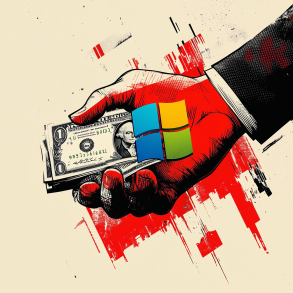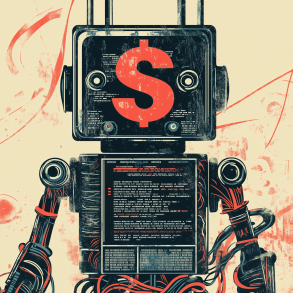The Partnership Is the Latest Example of Publishing Companies Aligning Themselves with the AI Firms Using Their Information
Condé Nast and OpenAI have reached a multi-year agreement allowing the AI company to use content from Condé Nast’s extensive portfolio of media properties. This includes well-known titles such as The New Yorker, Vogue, Vanity Fair, Bon Appétit, and WIRED. The deal will enable OpenAI to feature stories from these outlets in both ChatGPT and its new SearchGPT prototype.
“It’s crucial that we meet audiences where they are and embrace new technologies while also ensuring proper attribution and compensation for use of our intellectual property,” wrote Condé Nast CEO Roger Lynch in a company-wide email. Lynch highlighted the ongoing challenges in the publishing industry, pointing out that technology companies have made it increasingly difficult for publishers to generate revenue, especially with recent changes to traditional search platforms.

“Our partnership with OpenAI begins to make up for some of that revenue, allowing us to continue to protect and invest in our journalism and creative endeavors,” Lynch added.
Earlier this year, Lynch testified before Congress about the importance of licensing agreements between AI companies and content creators. He emphasized the need for AI companies like OpenAI to seek permission before using publishers’ content, comparing the unauthorized use of such material to handling “stolen goods.” Condé Nast had previously taken legal action against AI companies, sending a cease-and-desist letter to the search engine startup Perplexity after WIRED reported on its web-scraping practices.
The specific terms of the Condé Nast-OpenAI partnership have not been disclosed.

In a blog post announcing the partnership, OpenAI noted that this deal is not the first of its kind. Other major media companies, including The Atlantic, Axel Springer, and TIME, have already partnered with generative AI firms, including Perplexity. Platforms like Reddit and Automattic, the parent company of WordPress and Tumblr, have also made similar agreements. Historically, most AI companies have gathered training data by scraping content from the internet without obtaining licenses, leading to numerous lawsuits from news outlets, including The New York Times. As a result, an increasing number of publishers are now choosing to collaborate with AI companies to ensure fair compensation for their content.
For digital publishers, search engines and social media platforms are critical for driving readership to their stories. Changes to the algorithms that power Google Search or Facebook’s Feed can significantly impact a media company’s traffic. As traditional search engines like Google incorporate generative AI summaries and other AI-driven products, and as AI companies like OpenAI develop their own search tools, news outlets face a tough decision: if they do not allow their content to be used by these AI platforms, they risk making their work less visible online.









